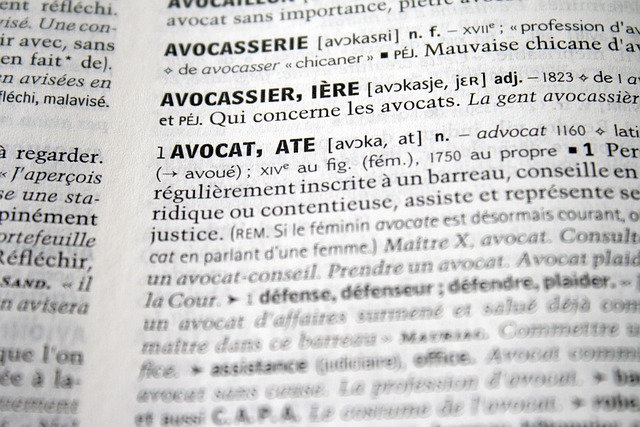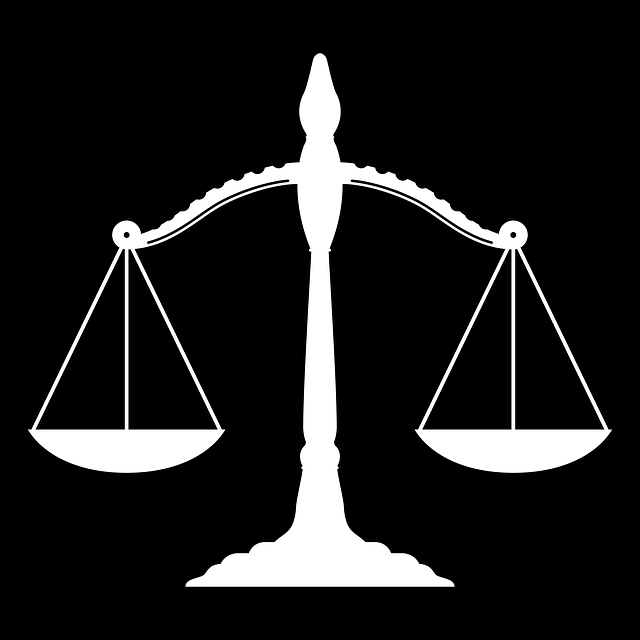Healthcare compliance experts ensure legal integrity by mastering employment law and implementing robust reporting systems for violations. Educating employees and fostering a culture of transparency prevent retaliation and maintain organizational integrity. These professionals guide institutions through complex regulations, minimizing risks and ensuring ethical conduct in patient privacy, data security, and billing practices. Effective documentation and systematic reporting, as outlined in their guidance on how to report employment law violations, protect organizations from legal repercussions and promote a culture of accountability.
Healthcare compliance experts play a vital role in ensuring that organizations adhere to employment laws and regulations. This comprehensive guide delves into the essential aspects of understanding employment law, highlighting the critical function of these experts in healthcare settings. We explore effective strategies for identifying and documenting violations, emphasizing the legal requirements and procedures for reporting them. Additionally, we discuss how transparent and accountable practices can be fostered through proper reporting mechanisms, providing a roadmap on How to Report Employment Law Violations.
- Understanding Employment Law: A Comprehensive Overview
- The Role of Compliance Experts in Healthcare Organizations
- Identifying and Documenting Law Violations Effectively
- Reporting Violations: Legal Requirements and Procedures
- Ensuring Transparency and Accountability Through Proper Reporting
Understanding Employment Law: A Comprehensive Overview
Compliance experts in healthcare must possess a deep understanding of employment law to ensure fair and legal practices within their organizations. This involves navigating complex regulations related to hiring, compensation, discrimination, harassment, and employee rights. Healthcare is a highly regulated industry, and non-compliance can result in severe consequences, including legal action, fines, and damage to the organization’s reputation.
Knowing how to report employment law violations is crucial for maintaining integrity within the healthcare sector. Employees should be educated on their rights and encouraged to raise concerns without fear of retaliation. A robust reporting system allows organizations to address issues promptly, fostering a culture of accountability. This unprecedented track record of transparency can help avoid indictment and ensure the well-being of both corporate and individual clients.
The Role of Compliance Experts in Healthcare Organizations
Healthcare compliance experts play a pivotal role in ensuring that healthcare organizations adhere to complex legal and regulatory frameworks. They act as a shield, safeguarding institutions from potential legal pitfalls and financial losses associated with non-compliance. These experts navigate the intricate web of laws and guidelines, such as those related to patient privacy, data security, and billing practices, to ensure every aspect of operations is in line with legal requirements.
Their expertise extends beyond mere knowledge; they guide organizations through all stages of the investigative and enforcement process, including how to report employment law violations. By proactively identifying risks and implementing robust internal controls, compliance experts foster a culture of ethical practice. This not only helps avoid costly penalties and reputational damage but also enables healthcare providers to deliver quality care while maintaining the highest standards of integrity, ultimately contributing to winning challenging defense verdicts in the event of disputes or investigations.
Identifying and Documenting Law Violations Effectively
When it comes to healthcare compliance, identifying and documenting employment law violations is a critical aspect of an expert’s role. The process begins with a thorough understanding of relevant laws and regulations, such as those governing discrimination, harassment, and fair labor practices. Experts must remain updated on these legal frameworks, which can be complex and subject to change. They employ various tools and techniques, including policy reviews, employee interviews, and data analysis, to uncover potential violations that may go unnoticed by untrained eyes.
Effective documentation is key to ensuring that any reported violations are accurate and defensible in the event of high-stakes cases. This involves meticulously recording instances of non-compliance, gathering relevant evidence, and detailing the context and impact. Such detailed records are crucial for not only legal proceedings, like jury trials, but also for informing organizational changes and mitigating risks in the healthcare sector. Moreover, experts may need to collaborate with philanthropic and political communities to address systemic issues, ensuring that compliance is more than just about reporting; it’s about fostering a culture of ethical practice and accountability.
Reporting Violations: Legal Requirements and Procedures
Reporting violations is a critical aspect of healthcare compliance, ensuring that organizations uphold legal standards and protect patients. When an employment law violation occurs, whether it’s related to discrimination, harassment, or non-compliance with regulatory requirements, it’s crucial to understand the proper procedures for reporting. This process involves several steps, including identifying the violation, gathering evidence, and documenting the incident thoroughly.
Knowing how to report these violations effectively is essential for both corporate and individual clients to avoid potential indictment. The reporting process should be initiated promptly, as timely intervention can prevent escalation. It involves submitting a detailed report to the relevant regulatory authority or internal compliance department, outlining the violation, its impact, and any evidence gathered during the investigation. This documentation serves as a record throughout all stages of the investigative and enforcement process.
Ensuring Transparency and Accountability Through Proper Reporting
Healthcare compliance experts play a pivotal role in ensuring transparency and accountability within healthcare institutions. Proper reporting mechanisms are at the heart of this process, acting as a beacon of integrity and ethical conduct. When it comes to addressing employment law violations, these professionals implement systematic approaches that foster an environment of trust and fairness.
By adhering to stringent reporting standards, they create an unprecedented track record of success in managing legal lapses. This involves meticulously documenting incidents, conducting thorough investigations, and preparing detailed reports. Their expertise extends to serving both corporate and individual clients, ensuring compliance across diverse sectors within the healthcare landscape. Moreover, their work transcends boundaries, as they also guide philanthropic and political communities in navigating complex regulatory landscapes, thereby reinforcing a culture of accountability.
Healthcare organizations rely on compliance experts to navigate complex employment laws, ensuring fair treatment of employees. By understanding how to identify and document violations effectively, and implementing robust reporting procedures, these professionals foster transparency and accountability. When it comes to How to Report Employment Law Violations, a structured approach, adherence to legal requirements, and open communication are key. This ensures that healthcare institutions maintain compliance, protect their reputation, and promote a safe, respectful work environment for all.






